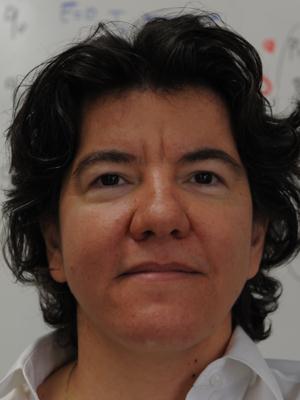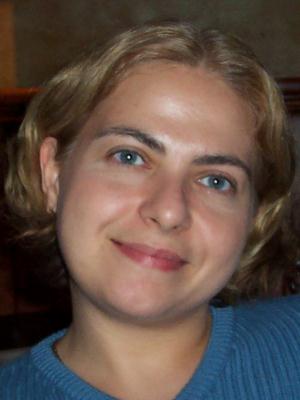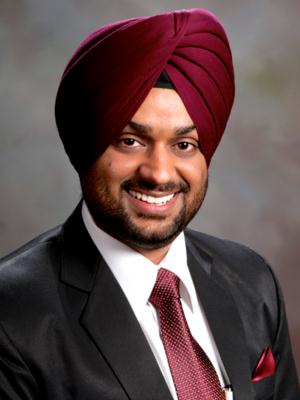Wireless networks, especially radio access networks, are a major consumer of electricity worldwide, thus contributing significantly to global warming. While the exact numbers may vary across sources, it is generally agreed that this energy consumption amounts to a few percent of the total consumption worldwide. Despite improvements in energy efficiency, the total energy consumption by wireless networks is escalating due to rapid densification and expansion of radio access networks, which is necessary to cope with the exponential growth of mobile Internet traffic. As a result, the sustainability of the growth of mobile Internet applications and services is under threat. In the past decade, the fast expanding carbon footprint of wireless networks has motivated researchers to conduct active research on energy efficient and sustainable networks, which is generally referred to as "green networks" and is the theme of this workshop.
This workshop invites high-quality contributions with the aim of providing its attendees a comprehensive and in-depth view of the latest advancements in green networks, ranging from network performance analysis to networking algorithms and protocols. The scope of this workshop covers but is not limited to the following topics:
- Energy harvesting networks
- Energy cooperating networks
- Energy efficiency for wired, wireless, mobile, and core networks
- Green data center networks
- Green network architectures
- Energy efficient communication techniques and algorithms
- Energy efficient resource allocation techniques
- Green medium access protocols and channel assignment
- Energy-aware routing protocols
- Measurements and models for energy consumption of wireless networks
- Energy-efficient vertical handover for heterogeneous wireless networks
- Cross layer optimization for maximum energy efficiency
- Energy-efficient protocols for wireless sensor networks
Important Dates
Paper submission: February 20, 2016, 23:59 PST (extended and firm)
Notification of acceptance: March 1, 2016
Camera-ready/registration due: March 15, 2016, 23:59 PST
Download Call for Papers (pdf)
The submission is handled via the EDAS system.
Registration
To register, please go to https://wiopt2016.regfox.com/wiopt2016. A "Workshop Only" registration is sufficient. After you pay for the registration, record the registration code. Enter the registration code at the EDAS paper information page.
Keynote speaker
 |
|
Sennur Ulukus University of Maryland |
Workshop Schedule
| Time | Speaker | Institute | Talk Title |
|---|---|---|---|
| Keynote Speech | |||
| 8:30 - 9:30 | Sennur Ulukus | Maryland U., USA | Energy Harvesting and Energy Cooperation towards Green Networks |
| S1: Energy Harvesting Networks (Invited) | |||
| 9:30 - 10:00 | Walid Saad | Virginia Tech., USA | Managing Energy Harvesting Uncertainty in Wireless Cellular Networks: An Online Ski Rental Framework |
| 10:00 - 10:30 | Ayfer Ozgur | Stanford, USA | Online Power Control in Energy Harvesting Wireless Networks |
| 10:30 - 11:00 | Coffee Break | ||
| 11:00 - 11:30 | Aylin Yener | Penn State, USA | Matching Games for Wireless Networks with Energy Cooperation |
| 11:30 - 12:00 | Sheng Zhou | Tsinghua U., China | Proactive service provisioning for energy harvesting wireless access networks |
| 12:00 - 1:30 | Lunch Break | ||
| S2: Energy Efficient Networks (Invited) | |||
| 1:30 - 2:00 | Pulkit Grover | Carnegie Mellon | Combating information-dissipation through error-correction for energyefficient communication and computing networks |
| 2:00 - 2:30 | Kaibin Huang | University of Hong Kong | Wirelessly Powered Backscatter Communication Networks |
| 2:30 - 3:00 | Hiroyuki Yomo | Kansai U, Japan | Energy-Efficient On-Demand Wireless Sensor Networks exploiting Wakeup Receiver |
| 3:00 - 3:30 | Jing Yang | U. Arkansas | Energy-aware adaptive sensing for an energy harvesting sensor with finiten battery |
| 3:30 - 4:00 | Afternoon Break | ||
| 4:00 - 4:30 | Ahmed Arafa | Maryland U., USA | Optimal Policies in Energy Harvesting Two-Way Channels with Processing Costs |
| S3: Energy Efficient Networks (Regular) | |||
| 4:30 - 4:50 | Jeemin Kim | Yonsei U, Korea | User Attraction via Wireless Charging in Downlink Cellular Networks |
| 4:50 - 5:10 | Kamil Sarac | UT Dallas, USA | Heuristics for 2-Coverage Multi Point Relay Problem in Wireless Ad Hoc and Sensor Networks |
Workshop Chairs
 |
 |
 |
|
Kaibin Huang University of Hong Kong, China |
Aylin Yener Penn State University, USA |
Harpreet Dhillon Virginia Tech, USA |